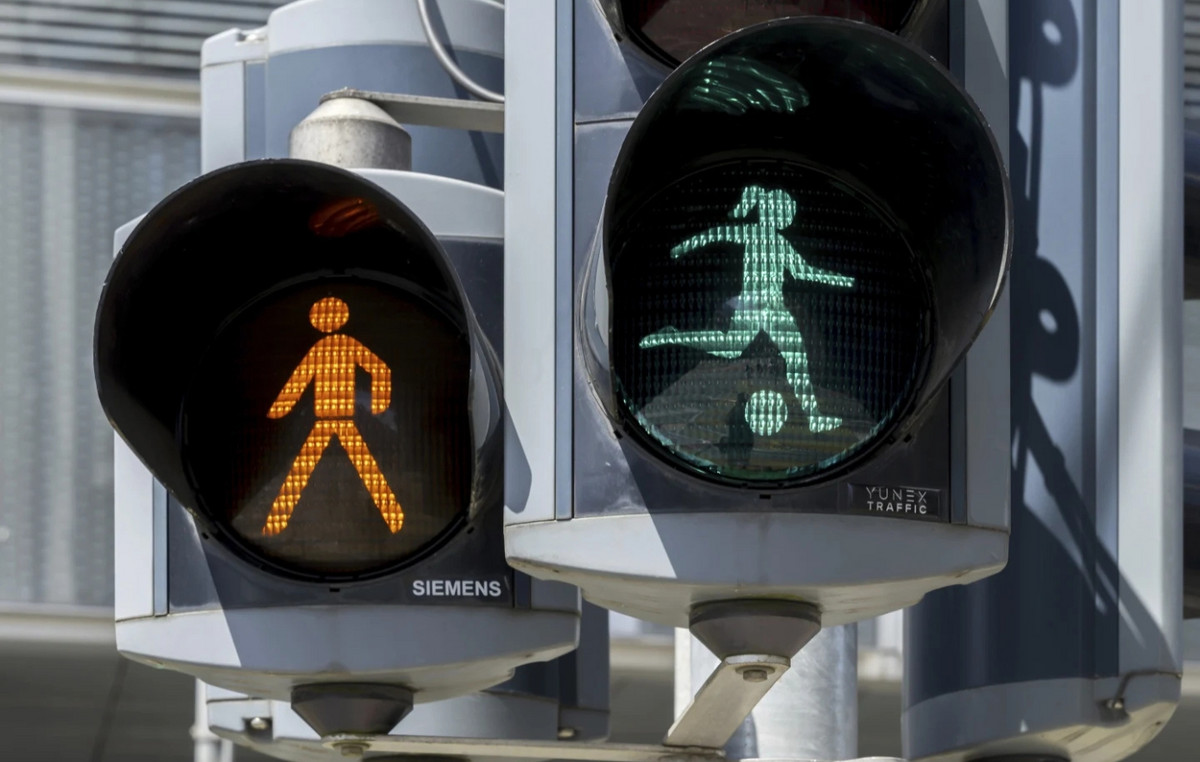The presidents of the Chamber, Arthur Lira, and of the Senate, Rodrigo Pacheco, disagree on the amendments imposed by the rapporteur.
While Lira has told allies that imposition should be seen as an improvement of the Budget, Pacheco evaluated interlocutors that they did not see the instrument with good eyes and that it would first be necessary to adjust the points on which there is controversy around it — for example, transparency — and then eventually advance in the debate. He would also have said that he does not consider that the imposition should be approved.
Both have intentions of being reelected as president of the houses they preside over next year and the support for the rapporteur’s amendments has become a relevant domestic political instrument.
So much so that less than 100 days before the presidential elections, the National Congress made a move this Sunday to ensure that the resources of the rapporteur’s amendments remain with the Legislature from 2023.
Report on the Budget Guidelines Law presented by the rapporteur, Senator Marcos do Val (Podemos-ES), makes it clear in the text that they become impositive.
Behind the scenes, the CNN found that Lira would have endorsed the movement. Pacheco has said otherwise.
Today, only individual parliamentary amendments and those of benches are imposed. This year, the rapporteur’s amendments reached R$ 16.5 billion and were shrouded in controversy due to the lack of transparency and what is seen by many as a political use of resources to privilege allies of the Planalto Palace. The Federal Supreme Court was called and intervened to give greater publicity to the process.
Behind the scenes, technicians and parliamentarians say that given the unpredictability of the presidential election, it is necessary to secure resources with Congress. Former president Luiz Inácio Lula da Silva (PT), leader of the polls, is critical of the model and defends the end of the rapporteur’s amendments.
As already shown by CNN , the PT even internally debates alternatives to the process. Among them, ending the format so that the Executive regains control over them.
In his 510-page report distributed this Sunday night, Senator Marcos do Val says that “We have inserted article 81-A to enunciate the imposing nature of programs classified as RP-9, based on the provisions of paragraph 10 of the article 165 of the Constitution, which affirms the duty to execute all programs related to the effective delivery of public goods and services”.
It also states that “the tax character comprises, cumulatively, the commitment and payment corresponding to the amount authorized by the Mixed Budget Commission, and the remaining payable related to programs with result identifier 9 (RP9) – which also occurs in the other amendments tax – may be considered for the purpose of fulfilling the primary financial execution”.
THE CNN reported on June 15 that Congress was debating this possibility. There is a debate as to whether the ideal way to make this move is through a PEC, which would provide greater legal certainty. It was in this way that the then president of the Chamber Eduardo Cunha made individual parliamentary amendments mandatory.
Source: CNN Brasil







